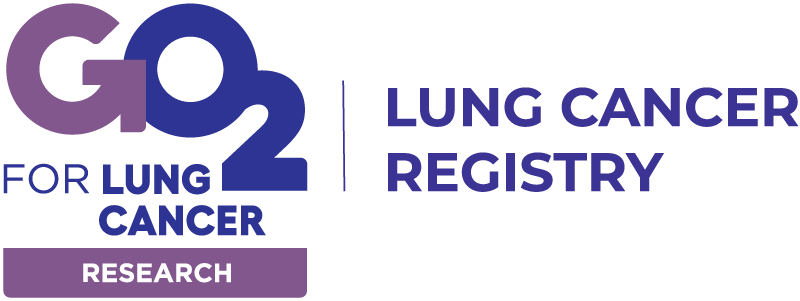What to Expect
Participating in the Registry is easy, free, and confidential.
Registry data can speed the overall pace of research.
What is the Lung Cancer Registry?
People with lung cancer are living longer than in decades past because of landmark research discoveries, such as the discovery of the roles that several gene changes play in the development of lung cancer. The new era of “personalized medicine” in lung cancer focuses on tailoring a person’s treatment to their disease or gene changes. Researchers are also working to discover new gene changes and other biologic markers that will improve response to treatment or predict how well a person will do on a certain drug or therapy. Research can take the form of clinical trials, laboratory research, or data registries.
Registries create large data sets based on real-world data collected from patients, survivors, and caregivers. Although it sometimes takes a year or more for researchers to comb through individual submissions to find connections and clues, the Registry data can feed into more than one research study at a time, which speeds the overall pace of research.
In comparison to registry data, much of the data leading to these new therapies came from clinical trials, which are extremely expensive, can take several years to report results, and have selective criteria for participation. Each clinical trial has its own set of rules (or eligibility criteria) that it must follow for the observations to be scientifically measured. These rules, although important and necessary, are sometimes so strict that the clinical trial population (the group of patients who are able to participate) wind up looking different from patients in the real-world. For example, patients who have diabetes before their lung cancer diagnosis used to be excluded from clinical trials because the effects of any insulin-control medications or other biological effects from diabetes could not be separated out from cancer treatment effects in the trial.
Who Can Participate?
Any person older than age 18 diagnosed or at risk for lung cancer, regardless of stage of disease or type of lung cancer, or a caregiver of a person with lung cancer (living or deceased) can participate in the Lung Cancer Registry.
Data can be input directly in the Lung Cancer Registry by a patient, survivor or caregiver that has been granted access to the patient’s medical records, such as a spouse, child, relative or friend.
Are you…
What Do I Have to Do and How Long Will It Take?
Any person older than age 18 diagnosed or at risk for lung cancer or a caregiver of a person with lung cancer (living or deceased) can participate in the Lung Cancer Registry.
Data can be input directly in the Lung Cancer Registry by a patient, survivor or caregiver that has been granted access to the patient’s medical records, such as a spouse, child, relative or friend.

Surveys do not need to be completed in one sitting.
Tips for Quick and Complete Surveys
Dummy Item
Have your medical records organized by date and within arm’s reach.
The Registry allows you to upload and store pictures of scans, medical records, or documents for easy repeat access, like a virtual filing cabinet. You can also see your previous surveys on your profile under “my impact” for reference.
Regardless of how you store and organize your records, be sure to note what has been entered into the Registry and when. There will be times when you aren’t sure what was noted in the last survey or when a change to your therapy or an off-schedule scan can add confusion about your cancer care timeline. Making notes in your records as you input them helps manage confusion.
Know your biomarkers.
Comprehensive biomarker testing (such as a lung cancer-specific mutation panel or next-generation sequencing, NGS) is an important part of your diagnosis and treatment. Certain gene changes, such as those in the EGFR, ALK, RET, MET, and KRAS genes, or other biomarkers, such as PD-L1, can affect how well your cancer responds to a given therapy.
Be very specific about which treatments you are receiving.
“Chemo” and “immunotherapy” are just labels for the types of drugs you have been prescribed; they are not a drug by themselves. Different types of therapy can even include a mix of drugs – like “chemoimmunotherapy.”
Be prepared to repeat yourself.
Unfortunately, doctors, researchers, and even the Lung Cancer Registry ask some of the same questions at different time intervals. There will be times that this feels tedious—we’re sorry. Repetition is, unfortunately, necessary for scientific standards.
Ask for help.
If at any time, you are confused by the information presented in a survey or you are unsure about how to enter your data, we are here to help. Contact registry@go2.org.
If you have questions about your diagnosis or treatment, want to connect with other lung cancer survivors, or are just feeling overwhelmed by your lung cancer experience and want to talk, we are here to help.
The GO2 HelpLine team members are available Monday – Friday, 9:00 am to 5:00 pm (ET). Contact a compassionate and skilled team member today.
1-800-298-2436
support@go2.org

